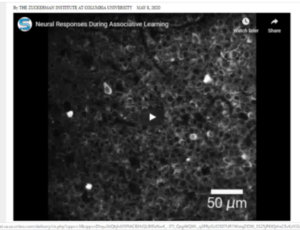Neuroscience
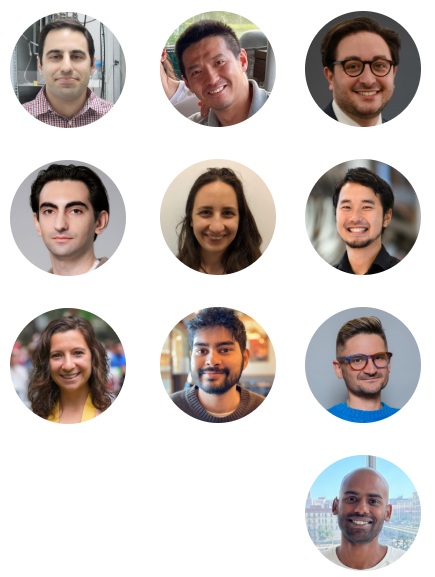
The New York Academy of Sciences and the Leon Levy Foundation Announce the 2025 Leon Levy Scholars in Neuroscience
The 2025 class of Leon Levy Scholars in Neuroscience is announced, extending a program that has fostered the work of over 180 neuroscience scholars since its launch in 2009. This distinguished postdoctoral initiative supports outstanding early-career scientists conducting pioneering neuroscience research throughout New York City’s five boroughs. From a highly competitive applicant...
Dr. Joshua Gordon Returns to Lead Columbia Psychiatry and New York State Psychiatric Institute
After an eight-year tenure as Director of the National Institute of Mental Health (NIMH), Joshua A. Gordon, MD, PhD, a visionary psychiatrist and neuroscientist, assumed his new role on August 15, 2024, as Chair of the Department of Psychiatry at Columbia Vagelos College of Physicians and Surgeons (VP&S), Executive Director of the...
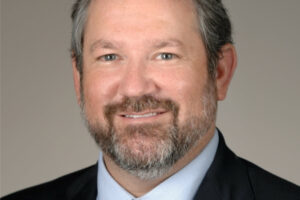
New York Academy of Sciences and Leon Levy Foundation Name First 10 Leon Levy Scholars in Neuroscience
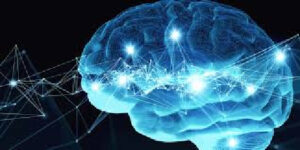
New York Academy of Sciences Partners with Leon Levy Foundation to Expand Opportunities for Young Neuroscientists
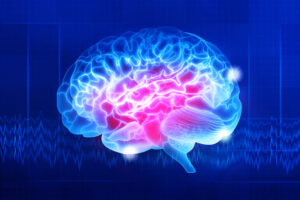
MRI Study Shows Brain Changes and Differences in Children With ADHD – Funded in part by the Leon Levy Foundation

New York Academy of Sciences Partners with Leon Levy Foundation to Expand Opportunities for Neuroscience Researchers

Columbia-NYPL Launch Community Mental Health Project to Address the Needs of Underserved New Yorkers, with funding from the Leon Levy Foundation
Columbia University and The New York Public Library have launched a public health initiative—in partnership with the National Black Leadership Commission on Health (Black Health)—to bring free education and resources to New York City residents who face lack of access and cultural barriers to behavioral health care. The Community Mental Health Project, supported by the...
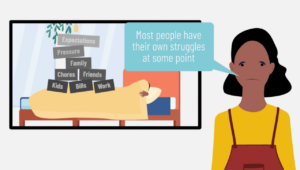
Columbia’s Department of Psychiatry is bringing mental-health resources to communities that need them most
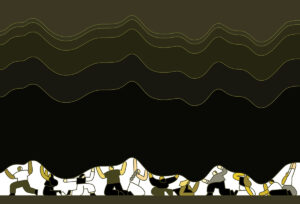
Protein Linked to Sex Differences in Age-Related Neuron Loss
In a paper published today in Aging Cell, neuroscientists from the University of Pittsburgh Schools of the Health Sciences discovered that a single protein—a glutamate transporter on the membrane of vesicles that carry dopamine in neurons—is key to regulating sex differences in the brain’s vulnerability to age-related neuron...
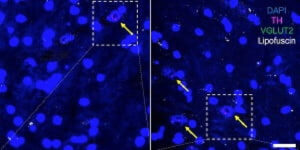
Unexpected Mental Processes Revealed in How the Brain Links Events to Form a Memory
Scientists uncovered a surprising mechanism by which the hippocampus, a brain region critical for memory, builds bridges across time: by firing off bursts of activity that seem random, but in fact make up a complex pattern that, over time, help the brain learn associations. By revealing the underlying circuitry behind associative learning,...
